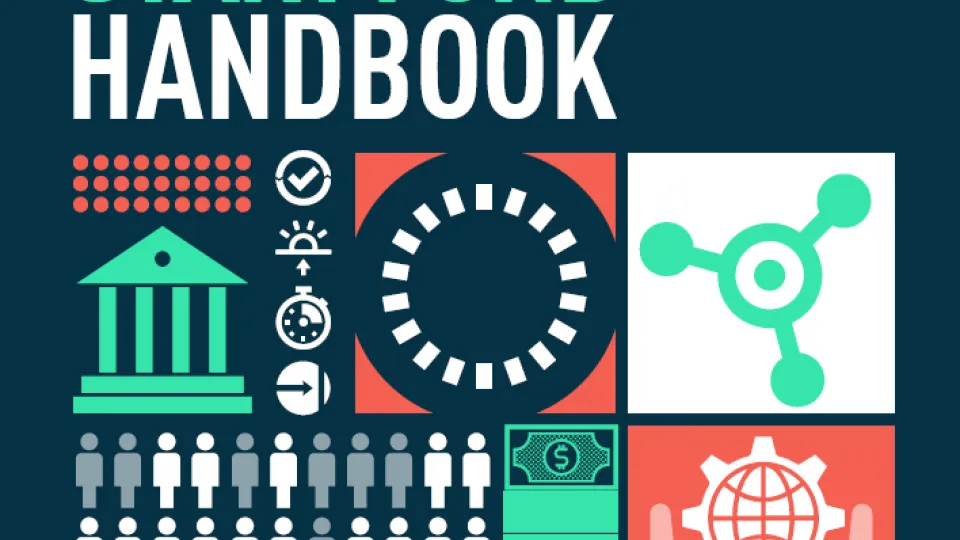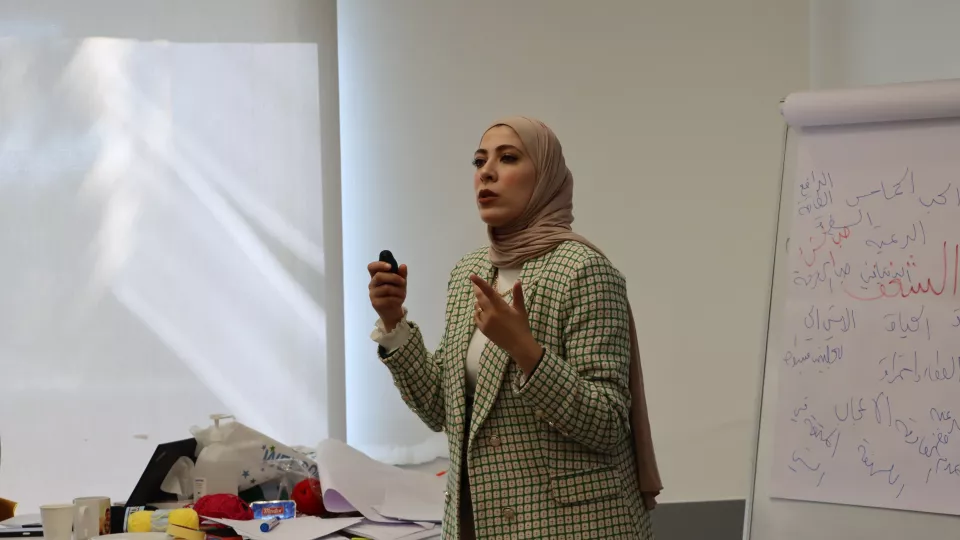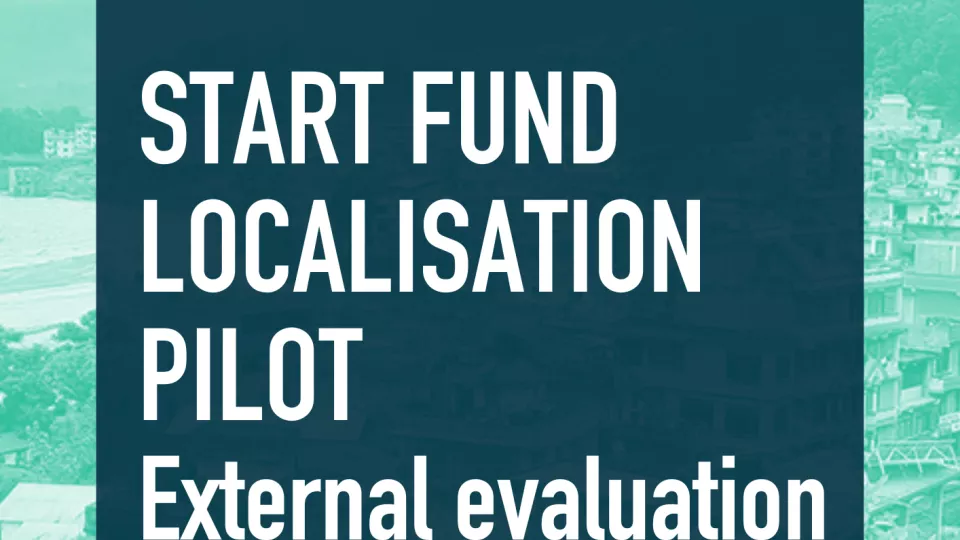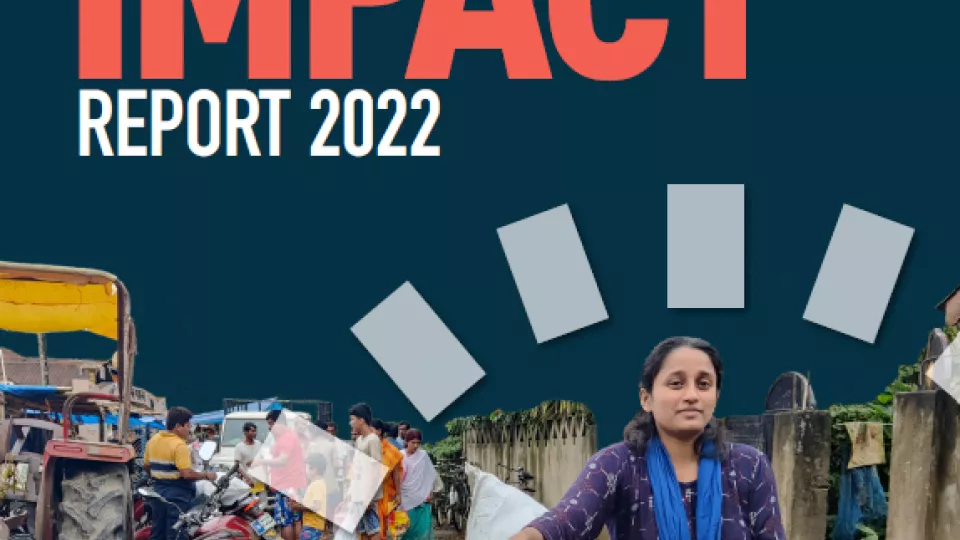
Start Fund handbook
This handbook details the procedures which govern the use and allocation of the Start Fund.

This handbook details the procedures which govern the use and allocation of the Start Fund.

This grant sought to enable the creation of new methodologies to measure the success and impact of humanitarian interventions. The Community-Led Approaches to Monitoring, Evaluation, Accountability, and Learning (MEAL) Research Grant was created in March 2022, with support from the Conrad N. Hilton Foundation and the IKEA Foundation. This grant formed part of the Start Network’s push for a locally led humanitarian system and to meet the participation revolution commitment in the Grand Bargain, which seeks to promote the link between effective participation and the quality and effectiveness of humanitarian response.
This document is designed to make it easier for agencies to raise Start Fund anticipatory alerts for drought, or to submit Start Fund project proposals when an alert has been activated.
This document is designed to make it easier for agencies to raise Start Fund anticipatory alerts for conflict and displacement, or to submit Start Fund project proposals when an alert has been activated.
This document is designed to make it easier for agencies to raise Start Fund anticipatory alerts for flooding, or to submit Start Fund project proposals when an alert has been activated.
This document is designed to make it easier for agencies to raise Start Fund anticipatory alerts for a heatwave, or to submit Start Fund project proposals when an alert has been activated.
This document is designed to make it easier for agencies to raise Start Fund anticipatory alerts for disease outbreaks, or to submit Start Fund project proposals when an alert has been activated.
This document is designed to make it easier for agencies to raise Start Fund anticipatory alerts for cyclones, hurricanes and typhoons, or to submit Start Fund project proposals when an alert has been activated.

This is an independent, external evaluation of the Start Fund’s ‘localisation pilot’ conducted in late 2022. The purpose of the evaluation is to assess the extent to which the global Start Fund is ready in terms of current and planned processes, practices and capacity, to develop into a more locally-led humanitarian model while maintaining its mandate to respond rapidly to the gaps and unmet needs of people in, or at-risk of crisis.

Over the last decade, the humanitarian sector has been heavily impacted by more frequent and severe climate-related crises. We need a more proactive, faster and locally led humanitarian system where communities are supported to analyse risks, create plans and have access to pre-arranged financing to prevent loss of life and livelihoods.